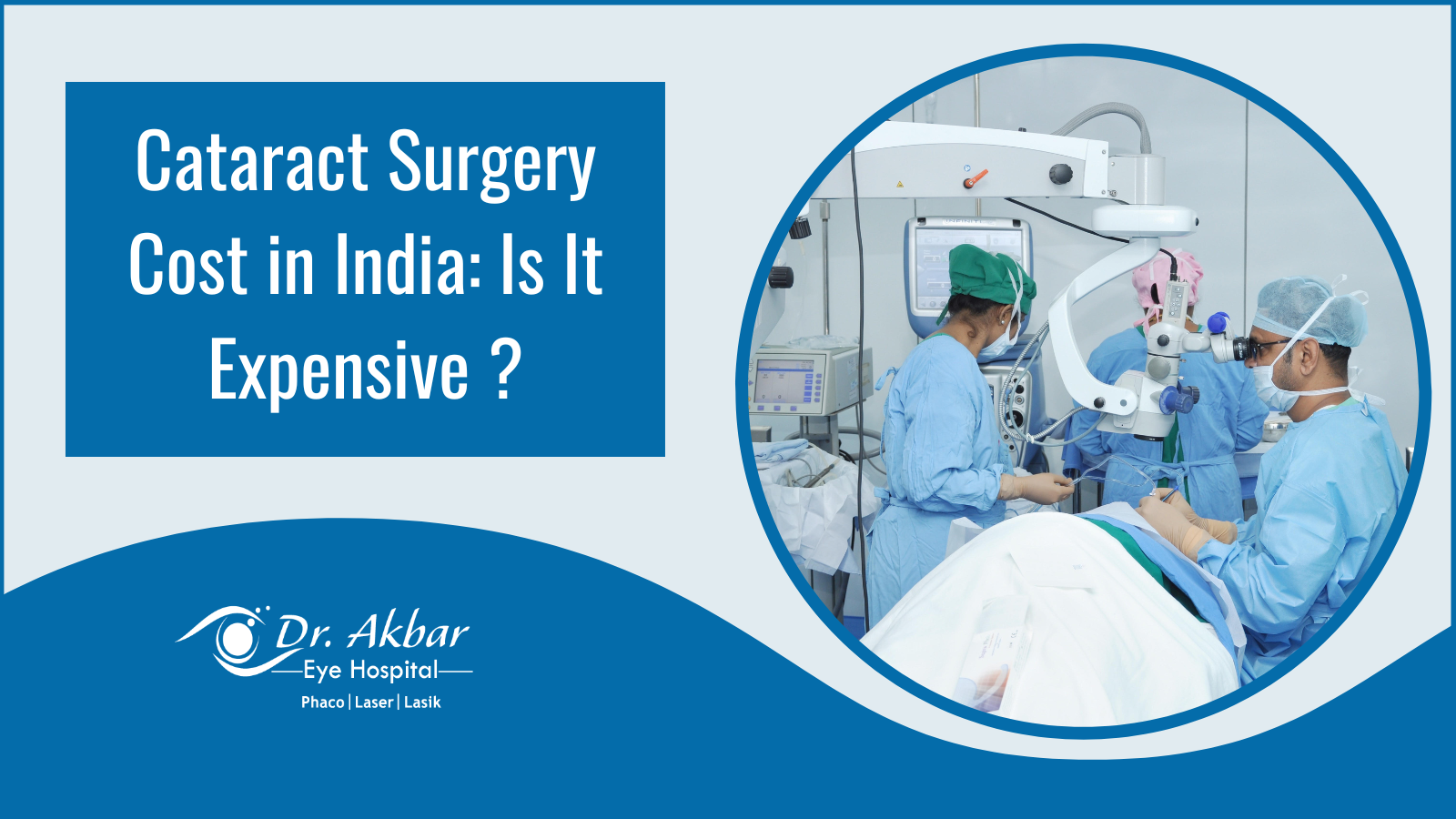
Are you or a loved one facing the prospect of cataract eye surgery? Understanding the ins and outs of this procedure can alleviate fears and empower you to make informed decisions about your eye health. In this comprehensive guide, we'll delve into everything you need to know about cataract treatment, surgery, costs, finding the right surgeon, and more. Let's embark on this journey together towards clearer vision and a brighter future.
What Are Cataracts?
Cataracts are a common age-related eye condition characterized by the clouding of the eye's natural lens, leading to blurred vision and decreased visual clarity. Imagine trying to look through a foggy window; that's similar to how cataracts affect your vision.
Symptoms and Diagnosis
Symptoms of cataracts include blurry vision, difficulty seeing at night, sensitivity to light, and seeing halos around lights. If you're experiencing these symptoms, it's essential to visit an eye doctor for a comprehensive eye exam to diagnose cataracts accurately.
Exploring Treatment Options
When it comes to cataract treatment, surgery is often the most effective option. However, in the early stages, vision correction techniques such as new glasses, magnification, or brighter lighting may help manage symptoms.
Understanding Cataract Surgery
Cataract surgery involves removing the cloudy lens and replacing it with an artificial lens called an intraocular lens (IOL). This outpatient procedure is typically quick and painless, with a high success rate in improving vision.
Factors Affecting Cataract Surgery Cost
The cost of cataract surgery can vary depending on factors such as the type of IOL used, the surgeon's experience, the surgical facility, and whether insurance covers the procedure. It's essential to discuss these factors with your healthcare provider.
Finding Cataract Surgeons Near You
Finding the right cataract surgeon is crucial for a successful outcome. Consider factors such as the surgeon's experience, credentials, patient reviews, and the technology used at their practice.
The Role of Cataract Specialists
Cataract specialists are ophthalmologists who specialize in the diagnosis and treatment of cataracts. They have extensive experience and expertise in performing cataract surgery and managing related eye conditions.
Cataract Treatment: A Global Perspective
Cataract treatment is not limited by geographical boundaries. Countries like India offer world-class cataract surgery at a fraction of the cost compared to Western countries, making it a popular destination for medical tourism.
Post-Operative Care and Recovery
Following cataract surgery, it's essential to follow your doctor's instructions for post-operative care to ensure a smooth recovery and optimal visual outcomes. This may include using prescribed eye drops, avoiding strenuous activities, and attending follow-up appointments.
Frequently Asked Questions (FAQs)
- What is the success rate of cataract surgery?
- Cataract surgery has an exceptionally high success rate, with over 95% of patients experiencing improved vision after the procedure.
- How long does it take to recover from cataract surgery?
- Most patients experience a noticeable improvement in vision within a few days to weeks after cataract surgery, with full recovery typically within a month.
- Does insurance cover the cost of cataract surgery?
- In many cases, health insurance, including Medicare, covers the cost of cataract surgery, but it's essential to check with your provider to confirm coverage.
- Can cataracts come back after surgery?
- Cataracts cannot return once they've been removed during surgery. However, some patients may experience clouding of the capsule behind the IOL, which can be treated with a simple laser procedure.
- How do I know if I need cataract surgery?
- If cataracts are significantly impacting your daily activities and quality of life, such as driving, reading, or watching TV, it may be time to consider cataract surgery.
In conclusion, understanding cataract eye surgery is essential for anyone facing this common eye condition. By educating yourself about symptoms, treatment options, and post-operative care, you can embark on your journey towards clearer vision with confidence.

































